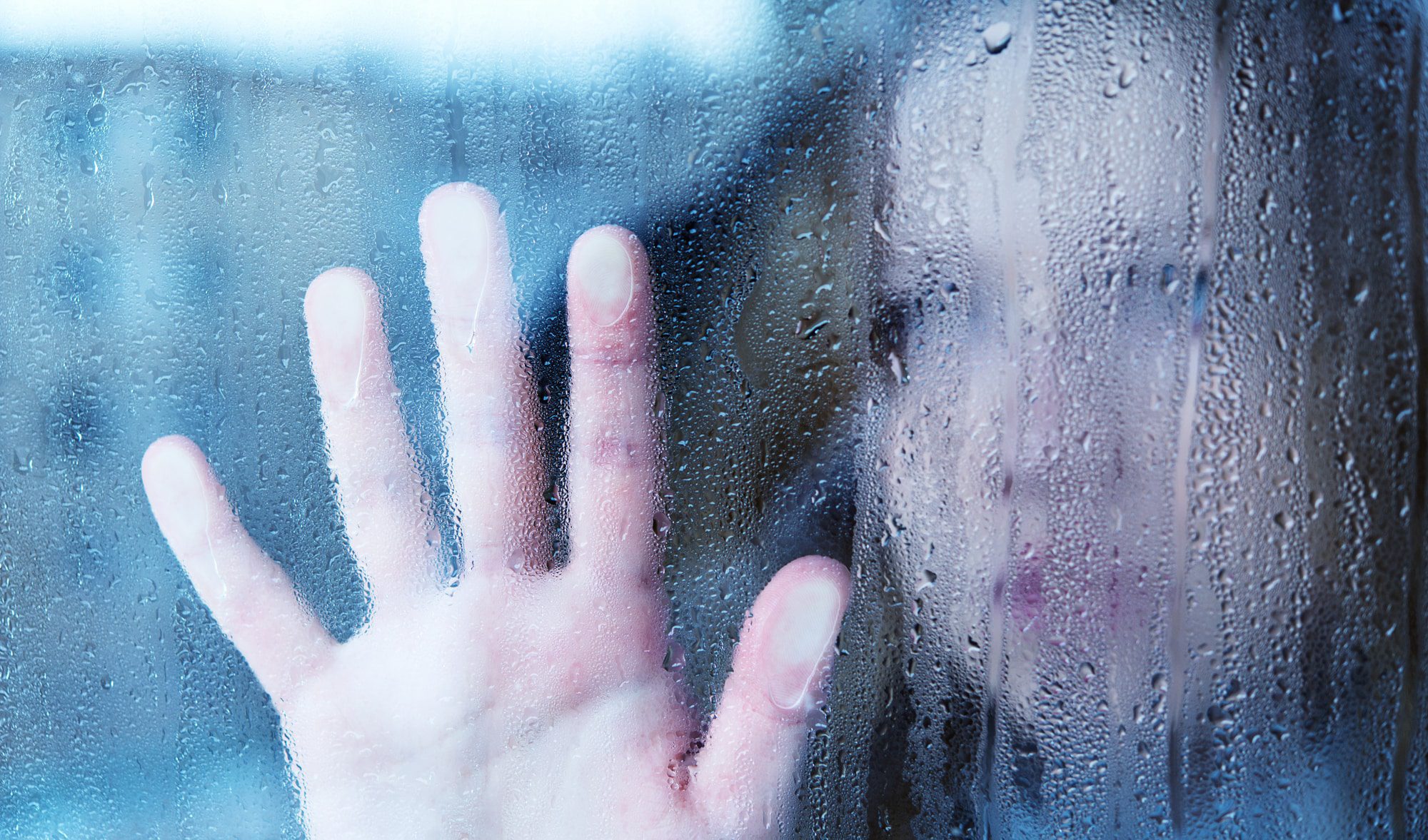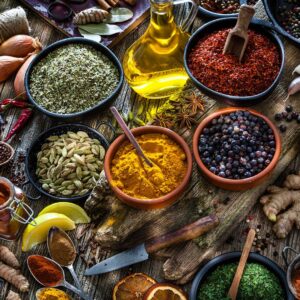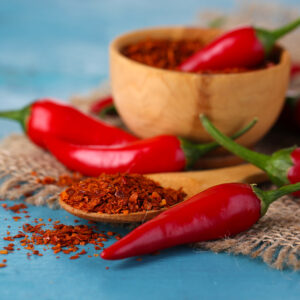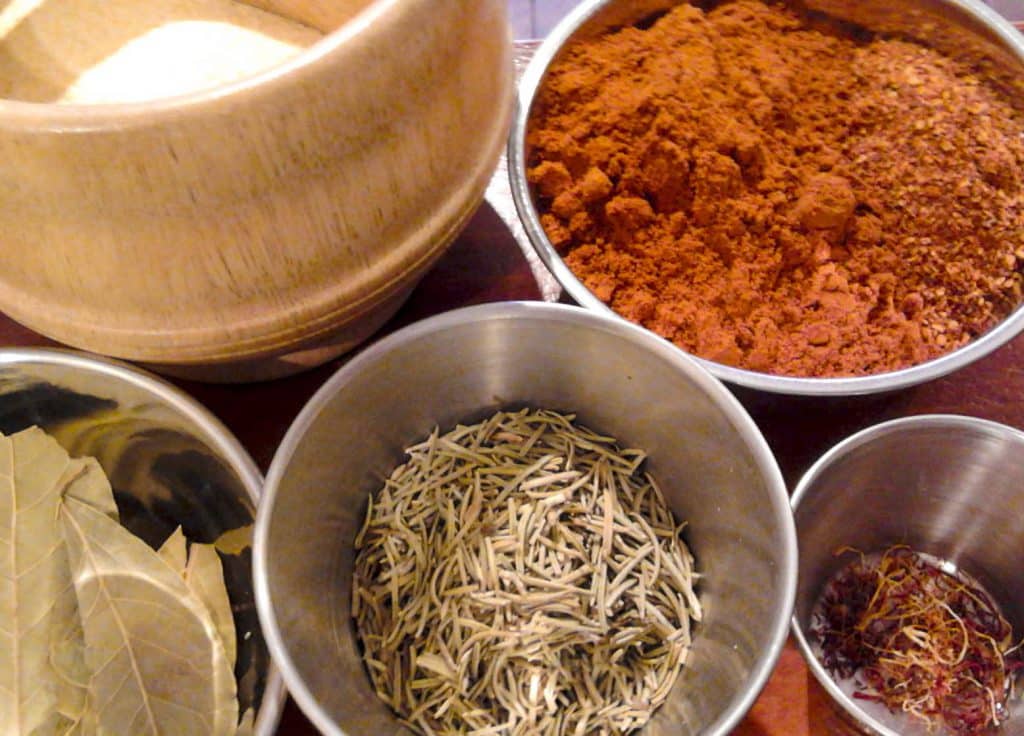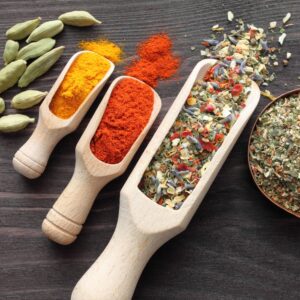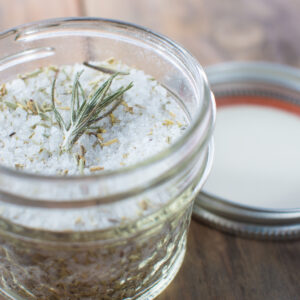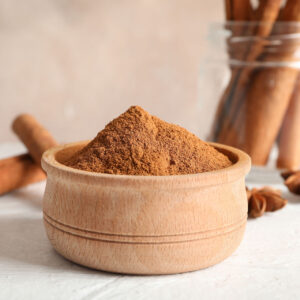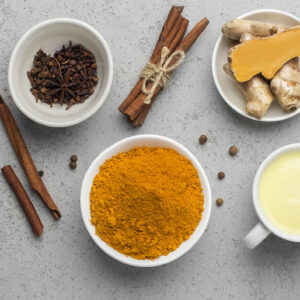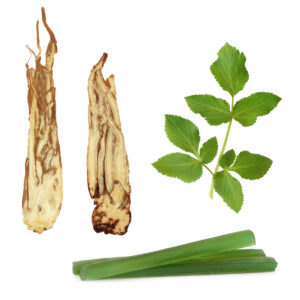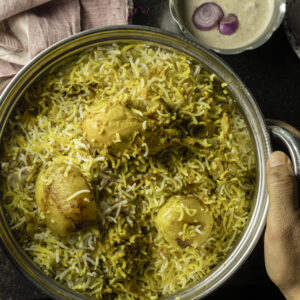As we know, depression and mental health are incredibly prevalent and widespread issues in the world today. Clinical depression, as well as mild symptoms of depression are still on the rise. Studies show that depression is at least 20% higher in the past decade alone. Mental health around the world is worse than ever. Yet, medication is more common than ever. As a result, new problems are arising from the side effects without much long-term improvement.
There are dozens of medications that claim to treat depression, yet the problems they cause seem greater than what they fix. Why is that? Why does it seem like the modern paradigm of drug therapy is digging a deeper hole rather than fixing the problem? Should medicine come with a long list of potential side effects? Whatever happened to first do no harm?
Symptoms of Depression
Depression is something that has deeper currents than what is able to be defined verbally. In addition, there is a wide range of severity. Some people have short bouts of depression, while for others it is perpetual and ongoing. Some forms of depression will come and go because of external events, while for others it is constant no matter what. Feeling down constantly, lacking energy, changes in appetite, sleep patterns, low motivation, lacking self-value, thoughts of self-harm, feeling pressure, and more are some of the most common symptoms.
It is important to know that there are no claims being made that these will cure depression, but rather tools to help improve it. Before running to the nearest psychiatrist or doctor to get a prescription, it’s good to explore natural means. Many different spices have powerful medicinal properties that can offer great value to those with depression. Here is a list of some of the most studied spices that may be worth a try.
Saffron
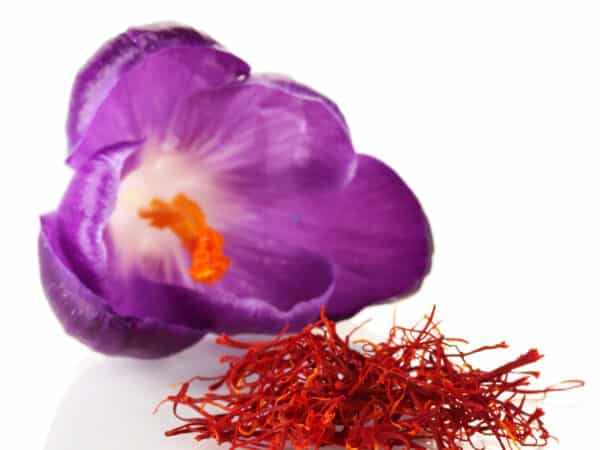
Saffron is a potent spice with a high price tag, but has good medicinal value. However, saffron is also one of the most knocked off spices in the world. If you can get your hands on some genuine saffron, definitely give it a try. Studies show that it affects several neurotransmitters such as dopamine and serotonin that play a role in depression. An analysis of over 20 studies showed that saffron had positive effects on depression when compared to placebo. As a bonus, saffron may also improve certain symptoms of anxiety as seen in one study.
Dill
Dill not only tastes great, but may also help to curb minor blues and depression. The flavonoids and polyphenols impact the mind in a way that is comparable to medication. One study showed that the anagesic and antidepressant effects rivaled that of tramadol and sertraline. While it won’t cure clinical depression, the goal here is to see improvement naturally.
Turmeric
Although turmeric quality can vary quite a bit, pure turmeric helps to stimulate neurotransmitters that are sometimes low in depression. Furthermore, through its MAO inhibiting properties, it has the ability to help these chemicals to not be broken down as quickly. Turmeric also helps to tame inflammation, which can be high at times in the brain of those with depression.
Rosemary
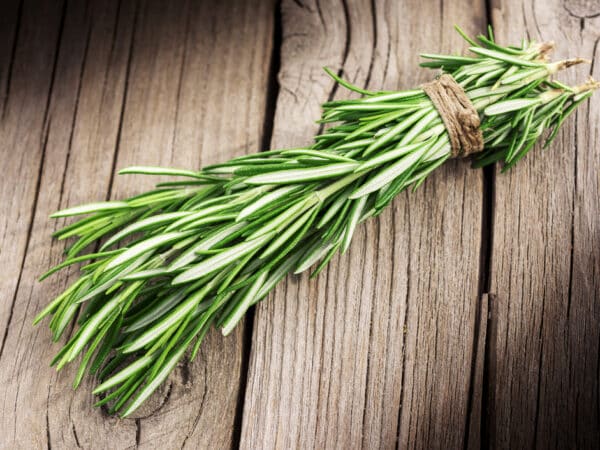
Studies show that rosemary is is one of the best spices for the brain. It enhances circulation and may help to lower cognitive decline associated with aging. For depression, rosemary may be able to slightly lower the severity. In one study, the group that took rosemary saw an improvement from moderate to mild depression.
Noni
Although this is not a spice, it has beneficial properties for depression that combine well with the others on this list. Many people enjoy noni because it works on several pathways that help with mood balance. This includes GABA, the calming neurotransmitter, serotonin, and dopamine. These three compounds largely impact mental and emotional health. In addition, noni is a natural MAO-A & B inhibitor, which allows these important compounds to last longer in the brain before being broken down. Clinical studies highlight low levels of MAO in people with depression.
Before running to the doctor to get a script for medication, there is a treasure chest of healthy, natural items that can help. While it may take time to find the right combination, it is worth experimenting with. With the long list of side effects and lack of long-term effectiveness at times, it’s important to try other options first. You may be surprised by combing some of these spices with nutritional therapy.

